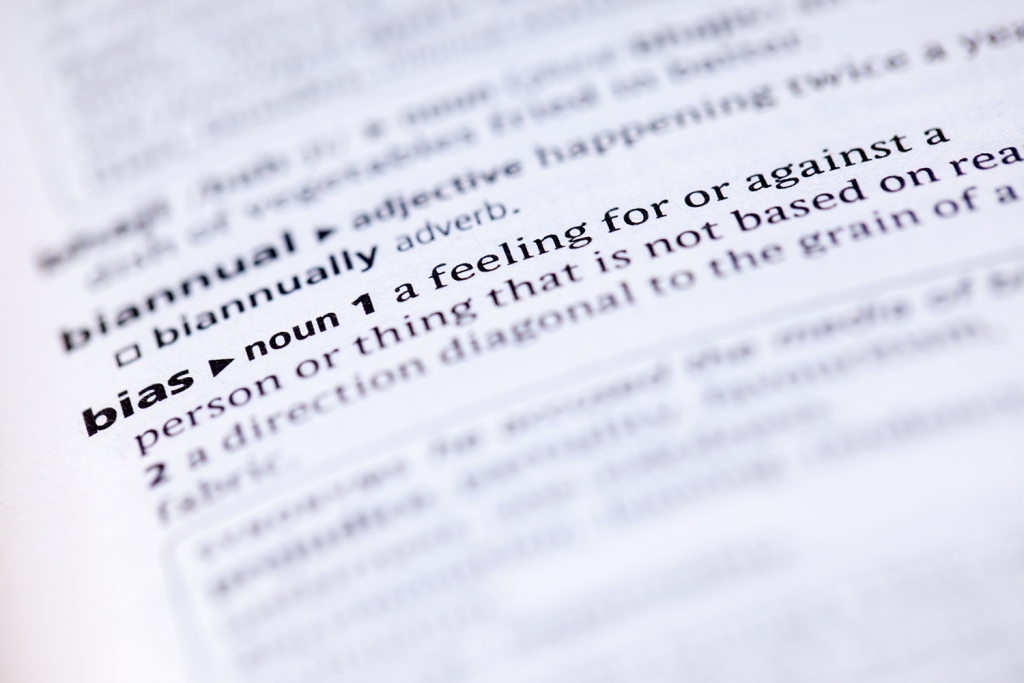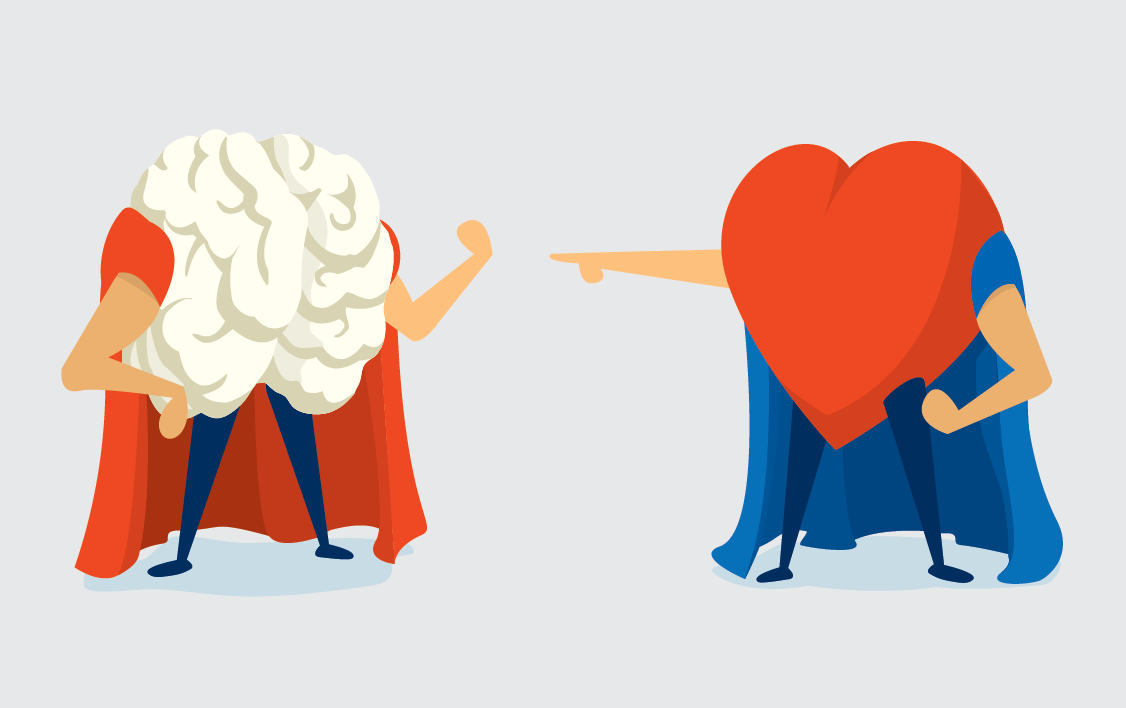What is bias?
While the word “bias” can mean a number of things, the most relevant definitions for our purposes are the following:
- a particular tendency, trend, inclination, feeling, or opinion, especially one that is preconceived or unreasoned
- an inclination of temperament or outlook
especially : a personal and sometimes unreasoned judgment




